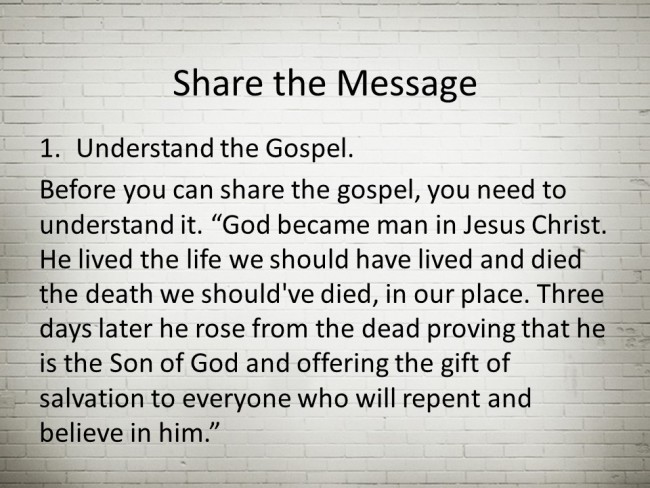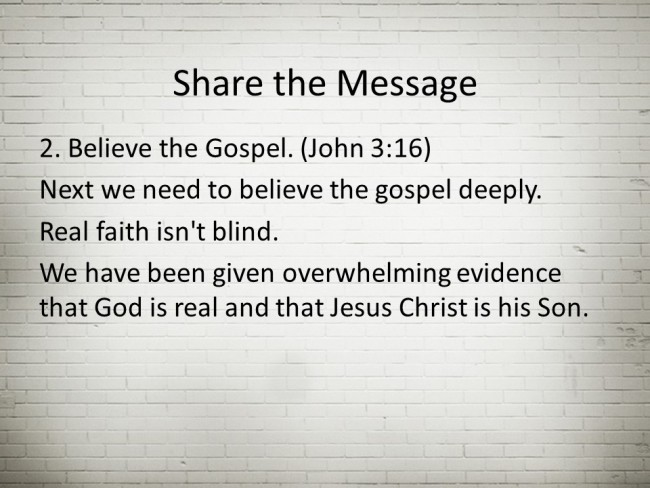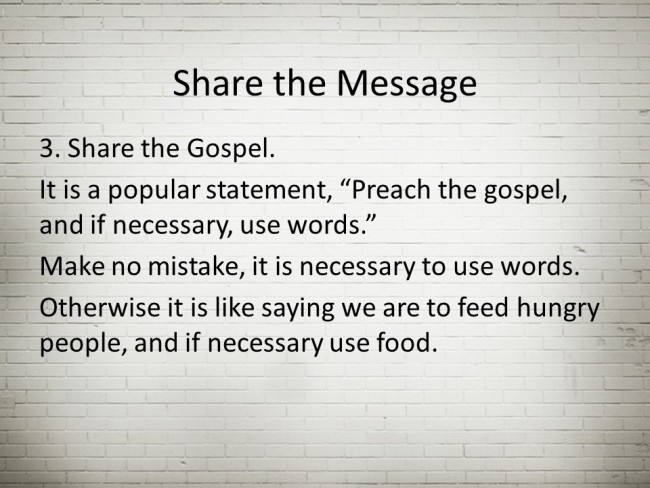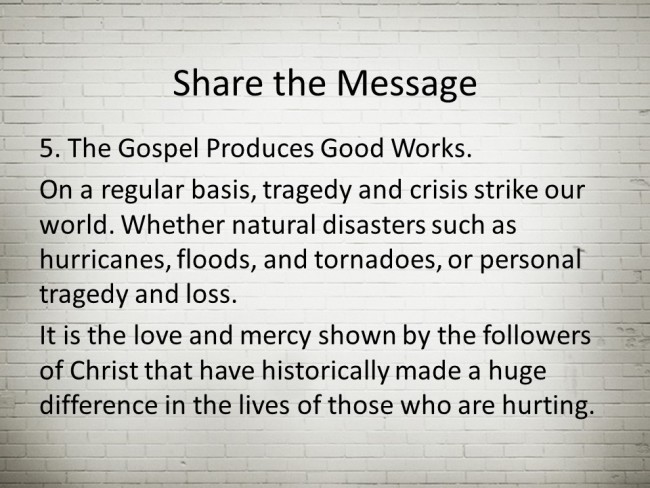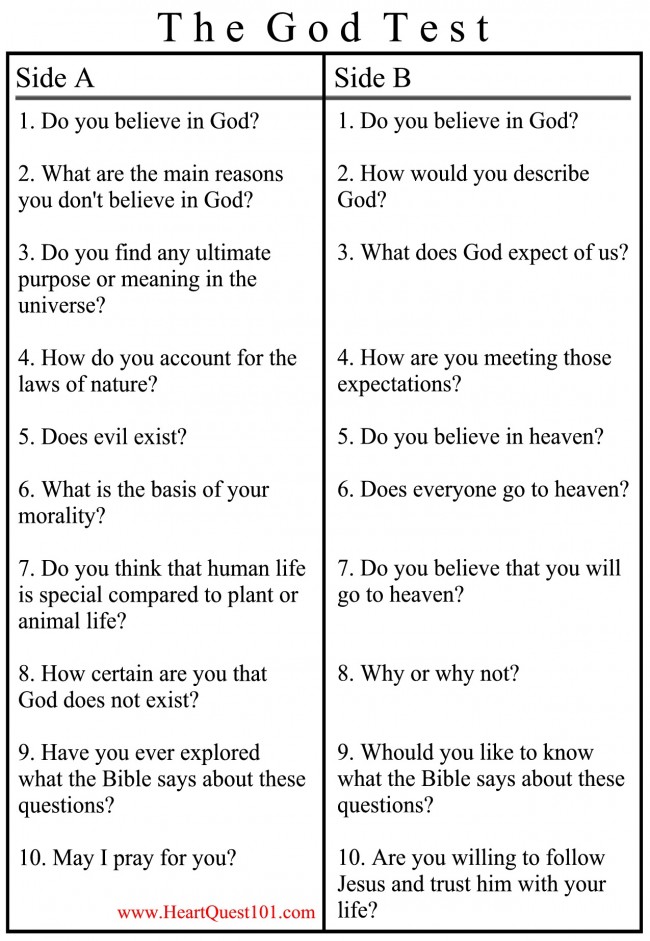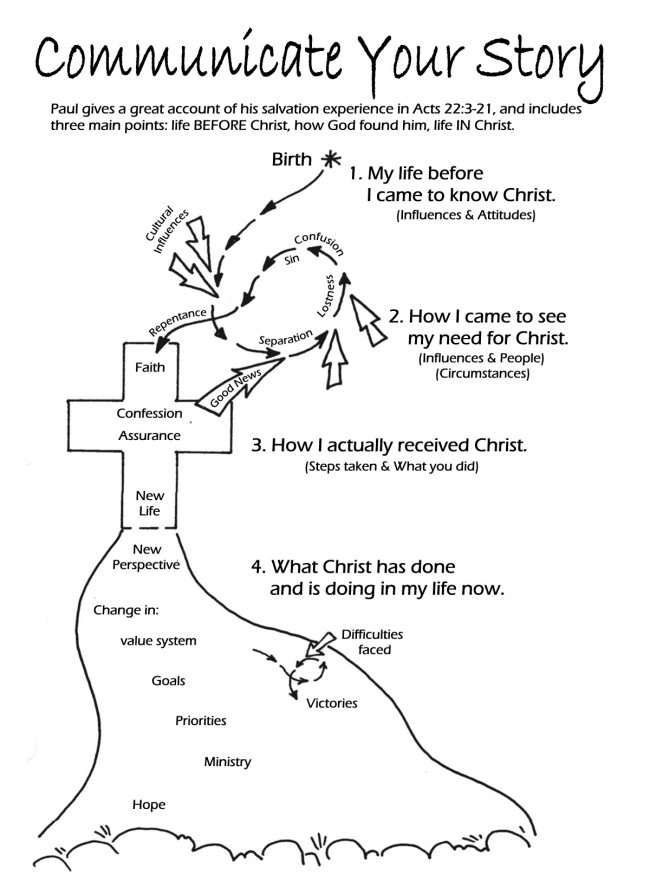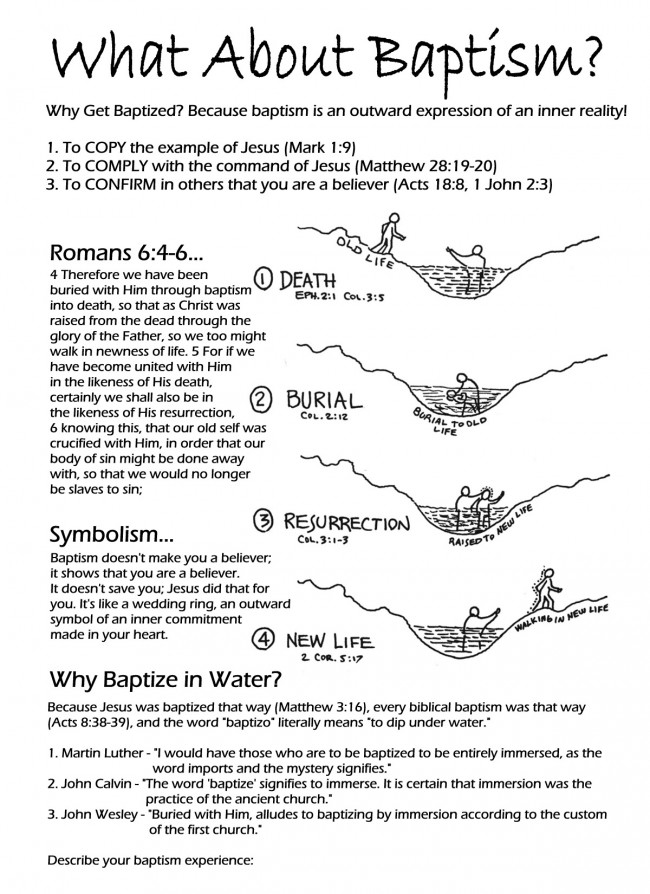The message form this past Sunday, while long and detailed, was a great passage to study. I would have gone in a different direction, but hey, he was our guest preacher. The passage came from Numbers 21:4-9.
The people grumbled again, after 38 years of wandering, which only proved that they were still not ready to enter the promised land. God provided for them but they did not appreciate it (they actually loathed God’s provision of manna, Numbers 21:5).
There is something else about this manna: Wiersbe writes, “According to John 6, the manna was much more than daily food for Israel: it was a type of Jesus Christ, the Son of God, the “Bread of Life” (John 6:32–40). The manna came only to Israel, but Jesus came to be the Savior of the world. All the manna could do was sustain life, but Jesus Christ gives life. When the Jews despised the manna, they were actually rejecting the Son of God. Once more, God had tested His people, and they had failed the test (Deuteronomy 8:15–16).”
Enter the fiery serpents, which bit people and they died (Numbers 21:6). So, what’s up with such a strange story?
God was teaching the people something about faith. It is fairly illogical to think that looking at a bronze image could heal anyone from a snakebite, but that is exactly what God told them to do. It took an act of faith in God’s plan for anyone to be healed, and the serpent on the pole was a reminder of their sin, which brought about their suffering.
Faith was also put into action because in such a large crowd, the whole camp of Israel, it likely took a huge amount of effort to position oneself to even SEE the serpent on the pole. I don’t imagine that it took a casual glance, but rather it took a lot of effort to be in the right position to see it.
While the people did get healed when they looked at the serpent, the serpent on the pole eventually became a problem. Who needs God when you can get healing with this magical serpent? The people kept it for many years and when the Israelites were in the Promised Land, the serpent became an object of worship that needed to be destroyed (2 Kings 18:4). The lesson here reminds us how easy it is for people to take the good things of God and twist them into something bad. Don’t be that guy who worships the creation rather than the creator.
This passage directly points toward John 3:14-15, where Jesus tells us that this bronze serpent was a foreshadowing of himself. It is actually an illustration of the vicarious death of Christ on the cross and the necessity of personal faith in him for salvation.
The serpent was a symbol of sin and judgment, and when it was lifted up and put on a pole (or tree), it became a symbol of a curse (Galatians 3:13). Paul is teaching the Galatian Christians that Jesus became a curse for us, even though he was a man without sin (the spotless Lamb of God). Paul clearly taught the Corinthians, “God made him who had no sin to be sin for us, so that in him we might become the righteousness of God” (2 Corinthians 5:21).
The observation that I have on this passage in Numbers 21:4-9 is that God did not remove the snakes, but provided a remedy; way of healing and life in the midst of the snakes. I imagine that the venom remained in their bodies but did not lead to death. Romans 6:23 tells us that “the wages of sin is death, but the free gift of God is eternal life in Christ Jesus our Lord.” We remain sinners but have received new life in Christ.
[print_link] [email_link]
